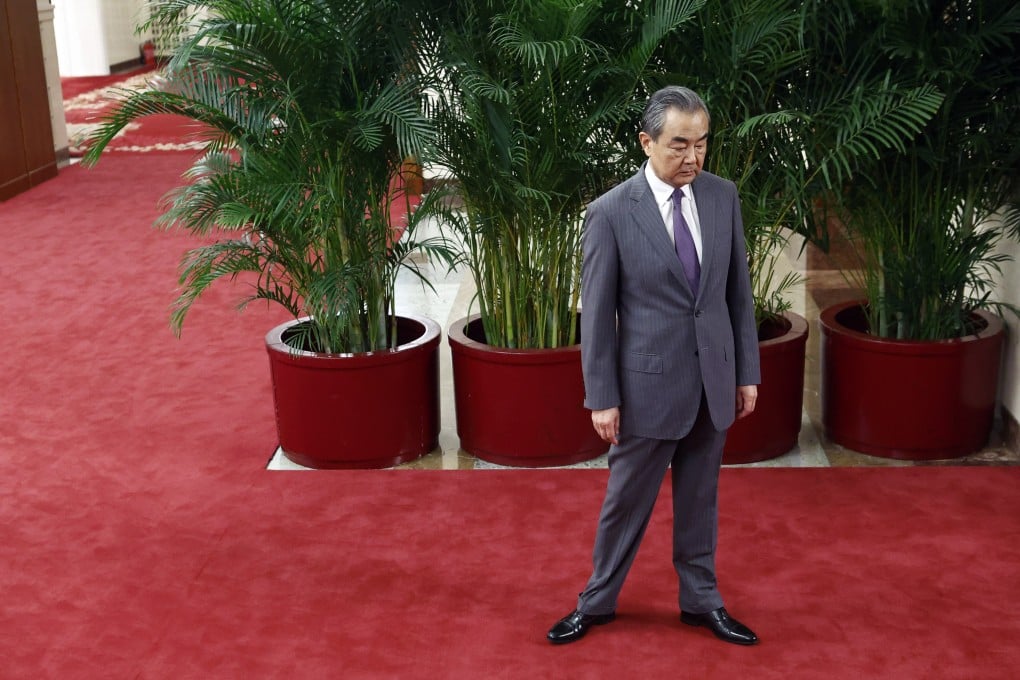Why was Wang Yi brought back as China’s foreign minister after Qin Gang’s abrupt exit?
- The Chinese Communist Party has a history of turning to senior figures to steady the ship in emergencies and Wang’s return may be in line with this precedent
- Beijing will need someone to prepare the ground for some major diplomatic setpieces including a possible trip to the US by President Xi Jinping

Beijing’s move to reappoint Wang Yi to the role follows the tradition of parachuting trusted members of its top decision-making body to steer the Communist Party through a political crisis.
The choice of Wang, who had the job for 10 years before being promoted to become Communist Party’s foreign policy chief last year, is seen by many diplomatic observers as “the safest and best choice” in a busy year of diplomacy.
Qin was removed from his post at a special session of the National People’s Congress Standing Committee on Tuesday without any reason given. Previously the ministry said he could not perform his duties due to “health reasons”.
Wang’s return to the foreign ministry builds on the custom of sending senior party members to fill lower-level posts in times of need.
During the 2003 outbreak of severe acute respiratory syndrome (Sars), the country’s “Iron Lady” Wu Yi took on the role of health minister after becoming vice-premier and a member of the Politburo, the party’s top decision-making body.
